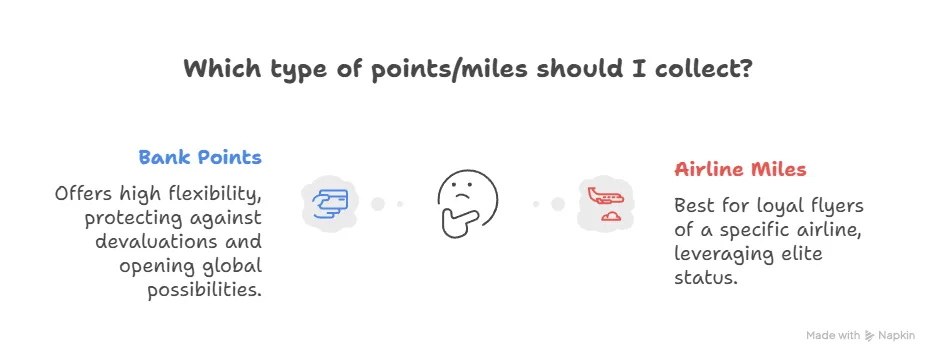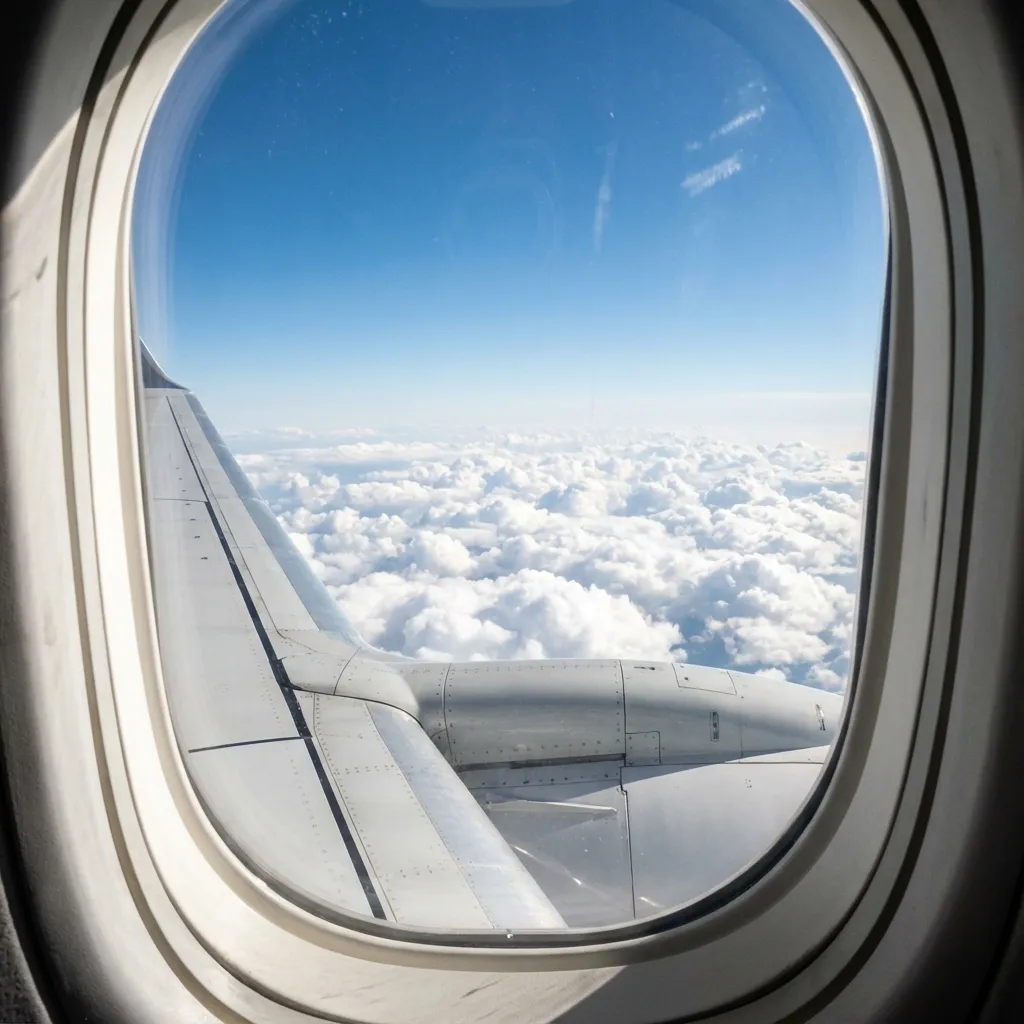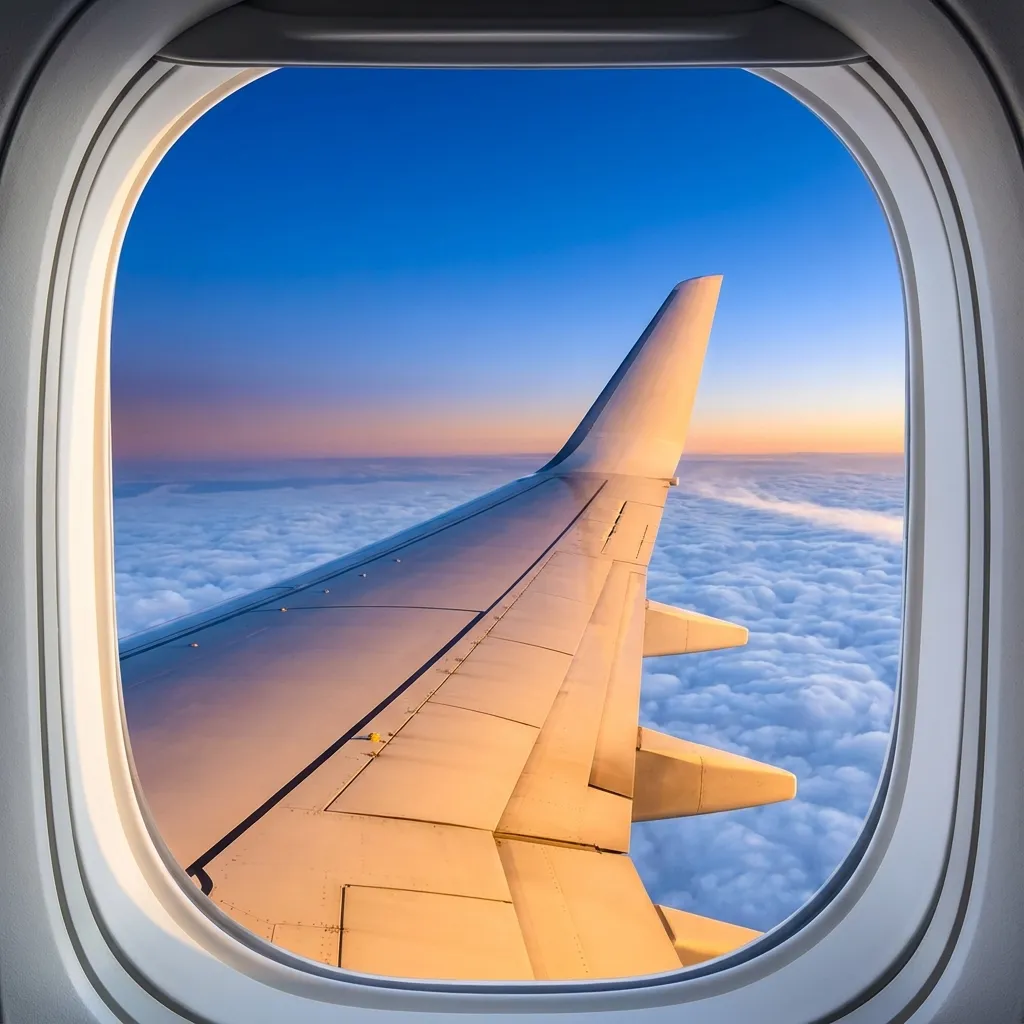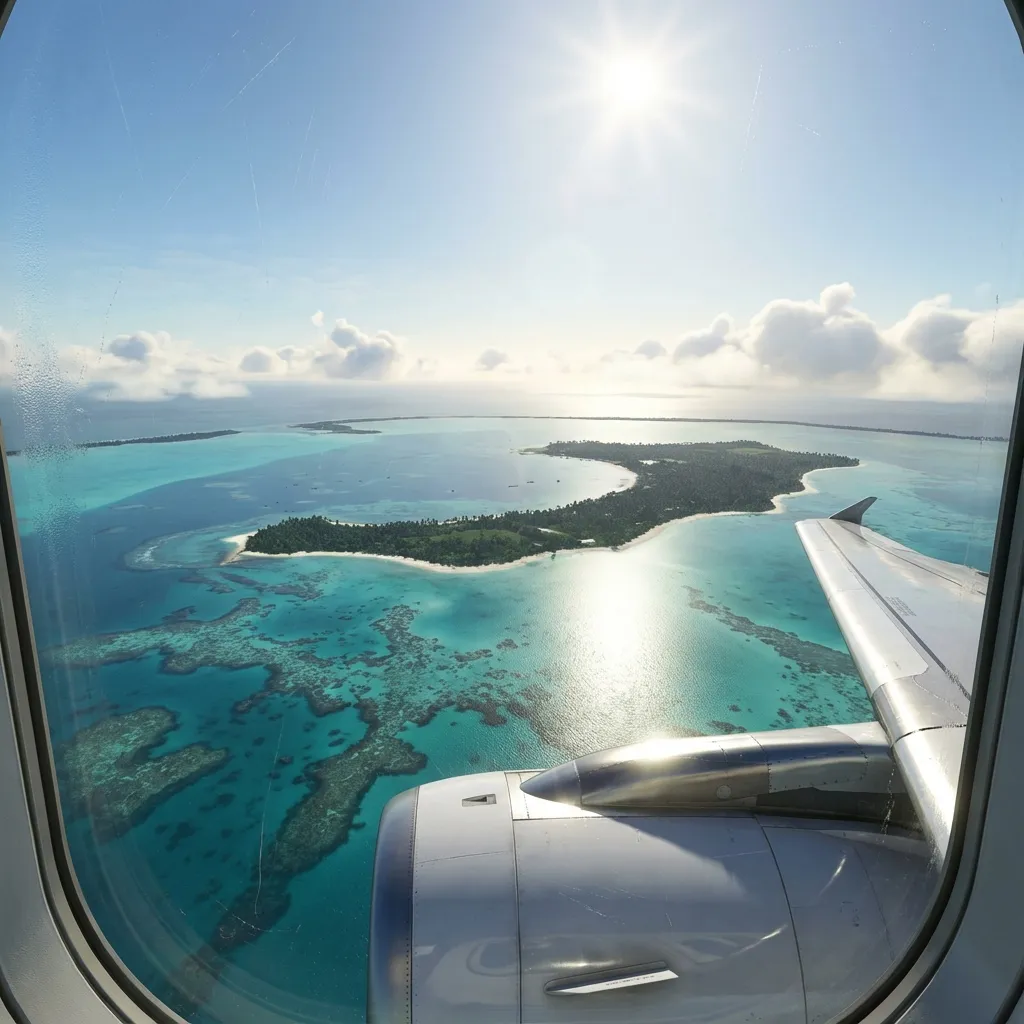You’ve seen the Instagram posts: a friend sipping champagne in a lie-flat business class seat, a family enjoying a luxurious hotel suite in Hawaii. The caption often reads, “Paid for with points!” For many, this world of award travel feels like an exclusive club, a complex game with unwritten rules that are impossible to crack. It can feel overwhelming, with its own language of alliances, transfer partners, and sweet spots. But what if I told you that it’s not as complicated as it seems? What if you could learn the fundamental strategy in just one sitting?
This is your entry ticket. Forget the jargon and the complex spreadsheets for a moment. At its heart, award travel is simply the skill of turning your everyday spending into extraordinary experiences. This step-by-step booking guide is designed for the absolute beginner. We will walk you through the entire process, from setting a goal to the final click of the “book” button. We’ll demystify the process of finding those elusive “free” seats and give you the confidence to book your very first award trip.
Full Comparison: The Two Types of Award Currencies
Before you can start your journey in award travel, you must understand the two fundamental types of points and miles. Choosing the right one to collect is the most important strategic decision you will make.

| Currency Type | How You Earn Them | Flexibility | The Verdict |
|---|---|---|---|
| Bank Points (Flexible Currency) | From credit cards like the Chase Sapphire Preferred or Amex Gold. Examples: Chase Ultimate Rewards, Amex Membership Rewards. | Extremely High. Can be transferred to dozens of different airline and hotel partners, or used in a travel portal. | This is what beginners should focus on. Their flexibility is a superpower that protects you from devaluations and opens up global possibilities. |
| Airline Miles (Fixed Currency) | From co-branded airline credit cards (e.g., a Delta SkyMiles card) or by flying that airline. | Very Low. They are locked into a single airline’s loyalty program and can generally only be used for that airline or its direct partners. | Best for loyal flyers of a specific airline who can leverage elite status, but a poor choice for a beginner’s primary award travel strategy. |
The 5 Steps of This Award Travel Booking Guide
A successful award travel booking is a disciplined, five-step process. Follow these steps in order, and you will avoid the most common beginner mistakes and dramatically increase your chances of success.
-
Step 1: Set a Clear and Realistic Goal
The biggest mistake in award travel is collecting points without a purpose. Before you even think about which card to get or where to transfer points, decide on your goal. Is it a family trip to Disney World in economy? A honeymoon in business class to Paris? Be specific. Your goal will dictate which points are most valuable to you and which airline programs you should focus on.
-
Step 2: Earn the Right Kind of Points
Now that you have a goal, you need the right fuel. As our table above shows, flexible bank points are king. Earning a welcome bonus from a card like the Chase Sapphire Preferred is the single fastest way to accumulate a large balance and kickstart your award travel journey.
-
Step 3: Find “Saver” Award Availability
This is the “search” phase and the most challenging part of this booking guide. You must find a “saver” award seat—the lowest-priced award ticket offered by the airline. A great place to start is United.com. Even if you plan to fly on a partner like Swiss, you can use United’s website to see if that Swiss flight has a saver seat available. Finding availability is a game of patience and flexibility.
-
Step 4: The Golden Rule – Confirm, THEN Transfer
This is the most critical step. Once you find an available saver award seat, proceed through the booking process right up to the final payment screen. Now, and only now, do you log into your bank’s portal and transfer the exact number of points needed. Point transfers are irreversible. Transferring before confirming availability is a catastrophic mistake, which we cover in depth in our Guide to the #1 Transfer Mistake.
-
Step 5: Book Your Award Ticket
Once the points arrive in your airline account (most transfers are instant), immediately return to the airline website and complete the booking. You’ll pay with your miles and a small amount for taxes and fees. Once you receive a confirmation email with a ticket number, you have successfully completed your first award travel booking!
Realistic Math Examples: The Power of Award Travel
Let’s look at the numbers for a common beginner’s goal: a round-trip flight from the USA to Europe.
You book a standard round-trip economy flight during the summer.
- Total Cost for Two People: ~$2,400
This is a significant out-of-pocket expense that can make a trip prohibitive for many.
You earn a welcome bonus from one credit card and find saver award seats.
- Points Needed for Two People: ~120,000 points
- Taxes & Fees Paid in Cash: ~$250
Result: You saved over $2,100. This is the foundational power of award travel. Your points covered the vast majority of the cost.
You save up a bit more and book two one-way business class tickets for your trip.
- Cash Cost of Tickets: ~$8,000
- Points Needed for Two People: ~140,000 points
- Taxes & Fees Paid in Cash: ~$300
Result: This is the ultimate goal of award travel—experiencing a level of luxury that would be unthinkable to pay for with cash.
In these scenarios, using points and miles for award travel results in thousands of dollars in savings.
Gotchas You Shouldn’t Ignore in This Booking Guide
The world of award travel has a few pitfalls for the unwary. Keep these in mind to avoid frustration.
- Taxes, Fees, and Surcharges: An “award flight” is never completely free. You will always have to pay government-imposed taxes and fees. Some airlines, particularly British Airways and Emirates, also levy high “carrier-imposed surcharges” that can add hundreds of dollars to the cost.
- Award Availability is Limited: This is the biggest challenge in award travel. Airlines only release a small number of their cheapest “saver” award seats. If you have inflexible dates, you will have a very difficult time finding a good deal.
- Points Devaluations: The value of airline miles is not fixed. A loyalty program can change its award chart at any time, increasing the number of points required for a flight. This is why it’s best to “earn and burn” your miles, and why holding flexible bank points is a safer long-term strategy.
- The “Close-in Booking Fee” Trap: Some airline programs, like American Airlines, may charge you an extra fee for booking an award flight within 21 days of departure. Be aware of these policies
How We Created This Booking Guide
This beginner’s guide to award travel is based on a simple philosophy: demystify the complex and provide a clear, repeatable process for success.
- Focus on a Proven Process: The “Goal -> Earn -> Find -> Transfer -> Book” method is a time-tested, universally accepted strategy in the points and miles community.
- Prioritizing Flexible Points: We strongly advocate for beginners to start with flexible bank points because they offer the most choice and the lowest risk. This is a foundational principle of modern award travel.
- Clarity Over Complexity: We have intentionally avoided deep dives into complex topics like multi-partner award charts or stopovers to keep this booking guide focused and actionable for a true beginner.
- Real-World Examples: Our examples use realistic point values and common travel goals to ensure the information is relatable and demonstrates the tangible benefits of award travel.
FAQs for Award Travel Beginners
How long does it take to save enough points for a flight?
Thanks to credit card welcome bonuses, you can often earn enough points for a round-trip international economy flight or a one-way business class flight within 3-4 months of getting a new card. A single welcome bonus is the biggest accelerator in award travel.
What is the best website to search for award flights?
There is no single “best” site. A great place to start is the United Airlines website, as it shows a lot of Star Alliance partner availability. For more advanced searches, a subscription service like Point.me can be a powerful tool, but it’s not necessary for a beginner’s first award travel booking.
Can I book a flight for my family member using my points?
Yes. All major airline loyalty programs allow you to book an award ticket for someone else, even if you are not traveling with them. This is a fantastic feature of award travel that allows you to share your rewards with family and friends.






